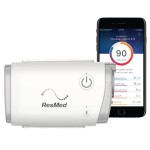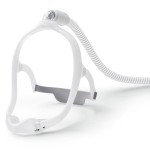Do I Need Oxygen at Night?
Low oxygen levels at night, also known as hypoxia, can be caused by a variety of medical conditions, including heart failure, sleep apnea, chronic obstructive pulmonary disease (COPD), and other lung diseases. In some cases, low oxygen levels at night can also be caused by underlying conditions such as anemia or heart disease.
The need for oxygen therapy while sleeping is determined by a healthcare provider based on the results of a medical evaluation and tests. Here are some common indicators that may indicate a need for oxygen therapy:
-
Low oxygen levels: If your oxygen levels are consistently low, as measured by a pulse oximeter or through a blood test, you may need oxygen therapy.
-
Breathing difficulties: If you experience shortness of breath, wheezing, or rapid breathing while resting or sleeping, you may benefit from oxygen therapy.
-
Fatigue: If you feel tired or fatigued during the day, even after a full night's sleep, oxygen therapy may help improve your energy levels.
-
Sleeping difficulties: If you have trouble sleeping due to breathing difficulties, you may benefit from using oxygen while sleeping.
If you experience any of these symptoms, it's important to seek medical attention as soon as possible. Your healthcare provider may recommend using supplemental oxygen, making changes to your medications, or treating underlying medical conditions that may be causing your symptoms. Additionally, it's important to follow your healthcare provider's recommendations for using oxygen therapy, including the type and duration of use.





